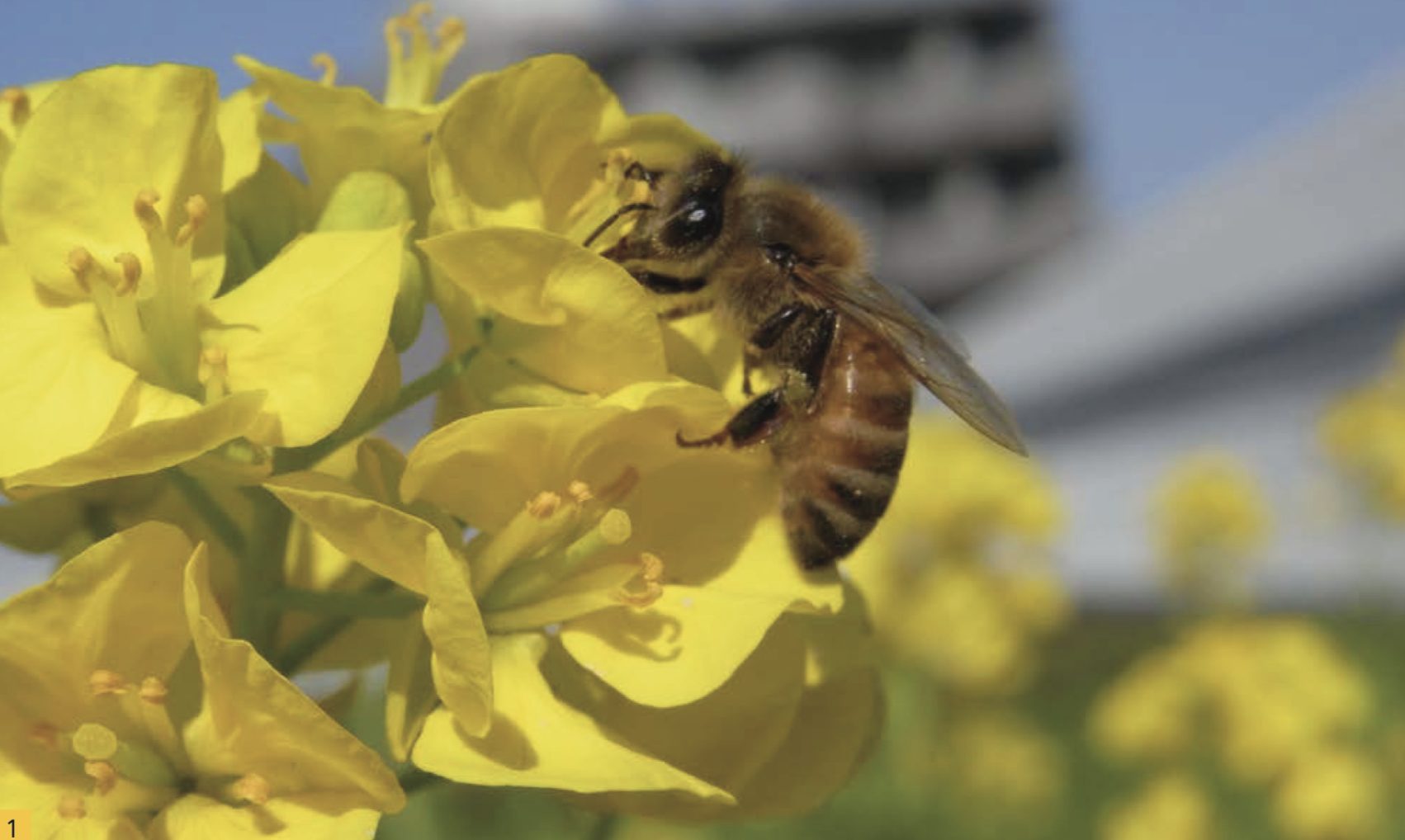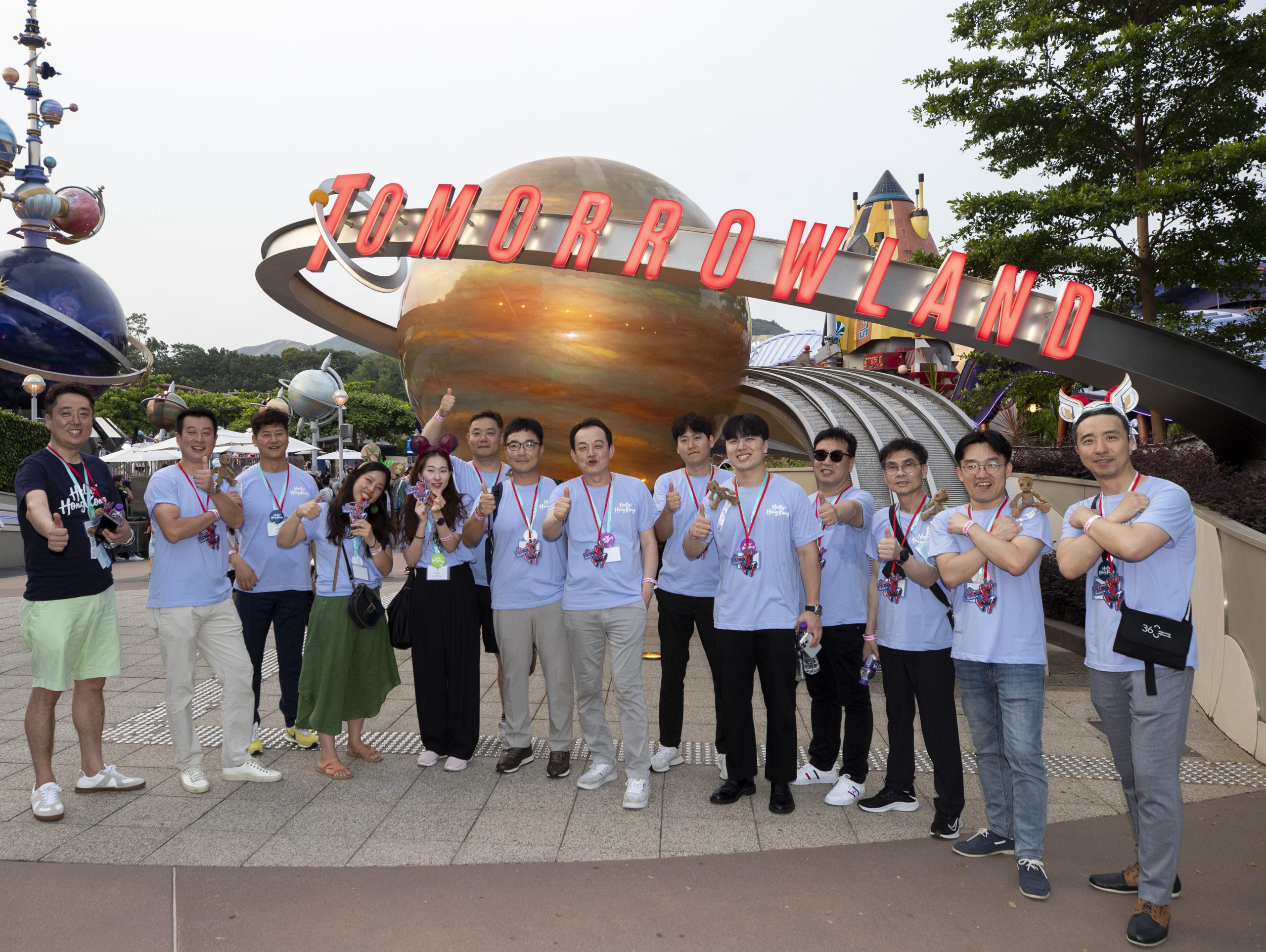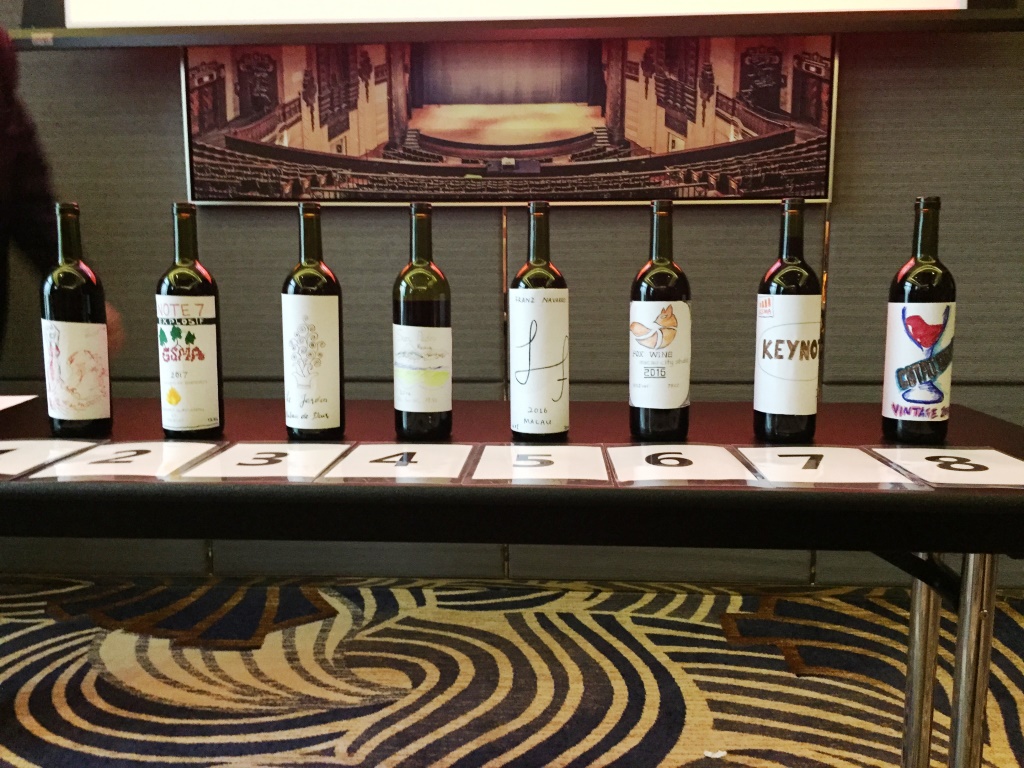Sometimes, there is no need to lose sleep thinking about activities that will perk up an itinerary. For events held offsite, your chosen destination may already have a handful of unique activities that cannot be found anywhere else. Introducing a homegrown element to your itinerary takes away the hassle of putting something together from the ground up and helps your group form an emotional attachment to the place. Below are some options worth noting:
FLYING FEATS
Chaoyang Acrobat Show, Beijing, China
WHERE IS IT?
Built in 1984, the 3,000sqm theatre is located along the 3rd Ring Road East in Beijing’s Chaoyang District. It stands next to the Jinguang Building and the CCTV Tower. With twice-daily performances, it is estimated that more than three million people have seen the show to date.
WHAT MAKES IT SPECIAL?
Chinese acrobatics is an ancient performing art form dating back more than 2,000 years to early as the Warring States Period, between 475 and 221 BC. Two centuries later during the Han Dynasty, this art – also known as “Hundred Plays” – has grown in content and variety. Performers used ordinary items, such as tridents, wicker rings, tables, chairs, jars, plates and bowls as props in their routines, such as Flying Trident, Balance on Chairs, Jar Tricks, and Hoop Diving. Interestingly, acrobatics in old China was never performed in theatres, because it was looked down on by the upper class.
WHAT CAN GROUPS DO THERE?
Chinese acrobats stand toe-to-toe with world-class counterparts in the West in their strength, skill and dexterity. Trained from a young age in their own towns and villages, the crème de la crème of these athletes find their way to the troupe at Chaoyang Theatre. Endowed with colourful costumes, difficult yet graceful routines and supported by special musical arrangements and lighting effects, Chinese acrobatics has become a fully developed art form, known for distinctive stunts that speak volumes about the flexibility of the human body.
BEST TIME TO VISIT
The one-hour show is performed twice daily at 5:15pm and 7:15pm.
GROUP SIZE
Discounted tickets are available for groups of two and above. Tickets can be booked in advance by your inbound tour operator. A car pick-up to the theatre can be arranged with additional fee, although the theatre is accessible via subway line 10. Get off at Hujialou Station and take exit C1 to the ground level. The theatre is approximately 20 metres south of the station.
CONTACT
GRAPES & ELEPHANTS
Hua Hin Hills Vineyard and Siam Winery, Thailand
WHERE IS IT?
The vineyard is a smooth 40-minute drive from Hua Hin town through the bucolic countryside. The winery proper is located at Samut Sakorn, another two hours away by car.
WHAT MAKES IT SPECIAL?
A former elephant corral has been transformed into the Hua Hin Vineyard, surrounded by a picturesque mountain range. The 240ha spread produces Siam Winery’s wide range of grapes that include Columbard, Chenin Blanc, Muscat, Shiraz, Sangiovese, Tempranillo and table wines.
A tropical viticulture team is working closely with German wine maker Kathrin Puff to ensure that every bottle under Siam Winery’s signature Monsoon Valley label meets the most discriminating oenophile’s standards.
WHAT CAN GROUPS DO THERE?
Fifteen-minute tours of the vineyard by elephant (four people per pachyderm) are offered and those who are up to it can borrow any of the five mountain bikes available.
Puff or the onsite viticulture manager can conduct wine education sessions highlighted by wine-meal pairing examples.
BEST TIME TO VISIT
Each month of the year showcases a different activity taking place in the grapes’ life cycle, from planting to harvest, which visitors are welcome to observe or take part in. Climate-wise, the period from December to February is very pleasant.
GROUP SIZE
Improvement work has shut down the place’s only meeting room, but The Sala, a Thai pavilion-like structure housing the main dining area, can accommodate up to 120 people and can be rented for the day through prior booking.
CONTACT
MONASTIC RITUAL
Shin Pyu Ceremony, Myanmar
WHERE IS IT?
At Inle Lake, although the ceremony can be conducted in any village across the country.
WHAT MAKES IT SPECIAL?
Shin Pyu is a rite of passage that marks a young boy’s initiation as a Buddhist monk. Although not every boy in Myanmar ends up as a man of the cloth, every local family desires this ceremony to be performed on their male offspring between the ages of seven and 10. The ceremony recreates the initiation of Prince Rahula – who according to popular belief was the son of Siddharta Buddha – into the Buddhist religion. For most boys, being a novice monk lasts from 10 to 14 days.
WHAT CAN GROUPS DO THERE?
Groups can participate in this religious ritual by providing financial assistance for the ceremony to be conducted. The novice becomes a “godson” of the group, earning them the privilege of becoming eyewitnesses to the ceremony.
A donation of US$3,000 covers the cost for initiation of two novices, including the expenditures for the novices’ robes, meals for their family, relatives, and villages and stipends for 10 monks from the monastery.
The day starts with the group meeting their godson in the house of his family to accompany him in a colourful procession through the village.
The procession ends at the monastery where the novice’s head is shaved. They then change into their new robes and pay their respect to the older monks. Lunch is served after the ceremony.
BEST TIME TO VISIT
The ceremony can be performed at anytime of the year.
GROUP SIZE
Groups between two and 120 people can participate.
CONTACT
HARVEST TIME
Long Jing tea plantation, Fuchun Resort, Hangzhou
WHERE IS IT?
One hour’s drive from Hangzhou International Airport in China’s Zhejiang Province. It is located along the Fuyang Section of Hangfu Yanjiang Road in Hangzhou.
WHAT MAKES IT SPECIAL?
Surrounded by mountains, lakes and a working tea plantation, the setting of this intimate resort of 28 rooms, 41 suites and 16 villas comes straight out of a 700-year-old painting, which was the inspiration for the property. An air of tranquility permeates the place and the classy minimalist interiors make it an attractive offsite retreat for small high-end incentives.
WHAT CAN GROUPS DO THERE?
Hangzhou is the home of the famed Long Jing tea and the 23.35ha tea plantation at the resort specialises in this premium variety of green tea, renowned for its fresh scent and full-bodied and sweet taste. Before venturing forth, each person in the group is given a bamboo hat and a puttee to wear to protect him or her from the elements. With a basket in hand, the group is taught the delicate task of picking tea leaves by a tea-frying master. The one-hour activity culminates back at the resort with the master demonstrating how to stir-fry the tea leaves. A small box of tea will be given to each participant as a souvenir when they check out of the property.
Afterwards, the group has its pick of recreational activities. The USGA-Grade, 18-hole golf course designed by Daniel J Obermeyer and sculpted from the hills of the surrounding tea plantation is spellbinding. It has a split-level driving range and also offers a professional golf instruction programme. Otherwise, the group can enjoy a spa by the banks of the river within the heart of a mountain range. All treatments use home-made products.
BEST TIME TO VISIT
March, just before the Qing Ming Festival, is the best time to harvest tea.
GROUP SIZE
Minimum of 10 people or the equivalent of eight booked rooms.
CONTACT
EVERYTHING THAI
Rose Garden Riverside, Sampran, Nakorn Pathom
WHERE IS IT?
The Rose Garden Riverside is 30km outside Bangkok on the shores of the Ta-Chine River.
WHAT MAKES IT SPECIAL?
The 28.3ha property, which includes land allocated for organic farming, is beautifully maintained with wide lawns and a lake surrounded by traditional Thai houses. The river nearby also offers a beautiful backdrop for activities in the riverside restaurant, on the lawns, on the pier or on the river.
WHAT CAN I DO THERE?
The Thai village offers workshops on a daily basis, where people can experience rice farming, from planting to harvest, making silk, from silk worms to threading and weaving, try their hand at traditional Thai pottery or basket weaving and learn bamboo dancing or Thai boxing. Cooking classes are available, with simple traditional dishes as well as more complicated menus. Daily cultural shows can entertain up to 1,200 people in the theatre with elaborate and colourful presentations. Guests can also visit the Thai market, where locals gather in boats to sell fruits, flowers and vegetables.
BEST TIME TO VISIT?
After the rainy season between November and March.
GROUP SIZE
The spacious property can cater for a maximum of 2,000 for cocktails and gala dinner. A large group can be divided into small batches, taking turns to experience the different Thai-oriented activities.
CONTACT
With additional reporting by Margie T Logarta and Andrea Zavadszky


